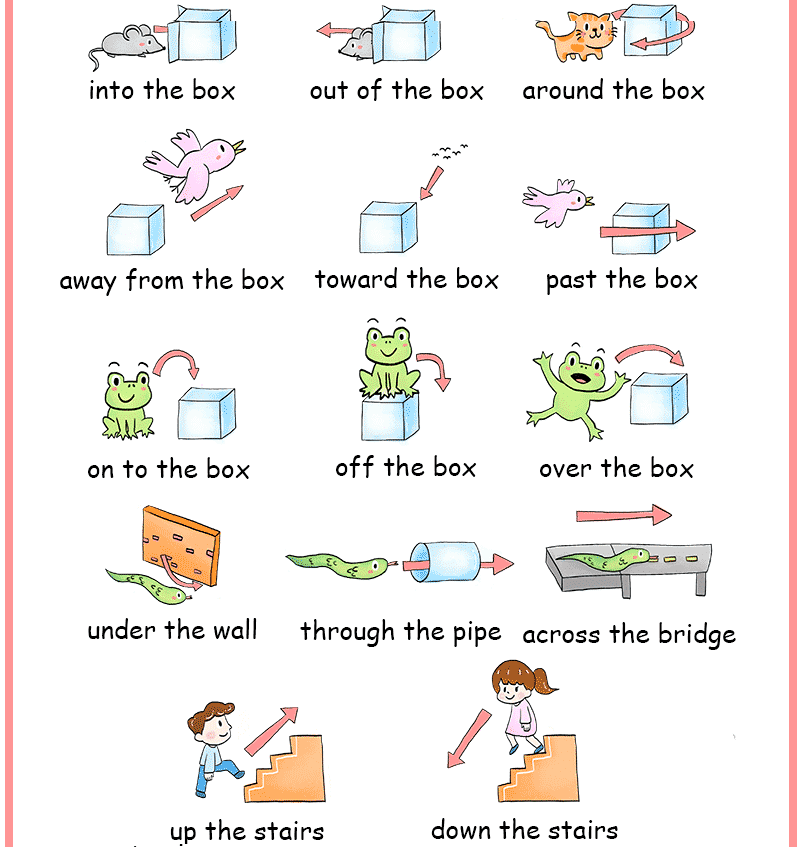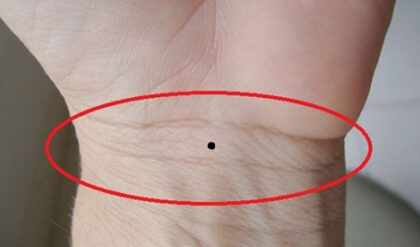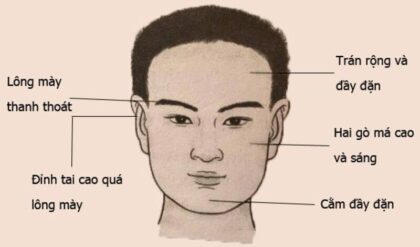Giới từ là những từ chỉ thời gian, vị trí… chỉ sự liên quan giữa các từ khác trong cụm, trong câu văn. Giới từ được sử dụng trong câu với vai trò gắn kết các từ, cụm từ để giúp bạn hiểu rõ hơn câu văn, ngữ cảnh.
Ví dụ:
- I went into the room.
- I was sitting in the room at that time.
Ta thấy rõ, ở ví dụ a., “the room” là tân ngữ của giới từ “into”. Ở ví dụ b., “the room” là tân ngữ của giới từ “in”.
Giới từ đứng ở đâu trong câu
- Trước danh từ, ví dụ: at present, by car, for sale,…
- Vài trường hợp có mạo từ ở giữa: in a hurry, at the front,…
- Sau danh từ, ví dụ: reason for…, belief in…, effect on…
- Sau tính từ, ví dụ: afraid of, identical to, different from, …
- Sau động từ, think of, forget about, pull out,…
Các loại giới từ trong Tiếng Anh
Chỉ thời gian: in/at/on
- At: cho thời gian trong ngày
- On: cho ngày trong tuần và ngày trong tháng
- In: những giai đoạn thời gian lâu hơn
Ví dụ: in 2012, in the past, in winter, ….
Ví dụ: on Friday, on 20th December, …
Ví dụ: at midnight, at 11.45, at sunset, …
Một số trường hợp cần ghi nhớ:
- at the moment
- at the minute
- at present
- at this time
- at the same time
- at the weekend
- at weekends
- at Christmas
- at night
Lưu ý: Không sử dụng at/on/in trước last/next/this/every
| In the morning(s)
In the afternoon(s) In the evening(s) |
but
but but |
on Friday morning(s)
on Sunday afternoon(s) on Monday evening(s) |
Chỉ vị trí
- AT (tại) được dùng để chỉ vị trí tại một điểm cụ thể.
Ví dụ: at home, at school, at the airport, at the shop, at the beginning/ end, at the front/ back
- IN (trong, ở trong) được dùng để chỉ vị trí trong một diện tích, một không gian; dùng trước tên đường, tên thị trấn, thành phố, quốc gia, miền, phương hướng hoặc dùng với các phương tiện đi lại bằng xe hơi (car).
Ví dụ: in a hall, in the countryside, in the universe, in Vietnam, in Hanoi, in a bus
- ON (trên, ở trên) được dùng để chỉ vị trí trên bề mặt, số tầng trong một tòa nhà hoặc dùng với một số phương tiện đi lại.
Ví dụ: on the board, on the ground, on the second floor, on foot
Chỉ sự di chuyển
- To (đến)
Ví dụ: He goes to school by bus.
- From … To (từ … đến)
Ví dụ: How far is it from your school to your house?
- Through (xuyên qua)
Ví dụ: They walked through the forest.
- Across (ngang qua)
Ví dụ: The children ran straight across in front of our car.
- Round/ Around (xung quanh)
Ví dụ: The cat walks around the the large circle.
- Along (dọc theo)
Ví dụ: They walked along the riverside.
- Up (lên)/ Down (xuống)
Ví dụ: The price of petroleum has went up.
- Toward (Towards) (về phía)
Ví dụ: People have different opinions towards Tom’s behavior.

Giới từ (Prepositions)
Một vài cách sử dụng khác của giới từ
- In: in the rain/ the sun/ the shade/ the dark/ bad weather, in love with, in a (good/bad) mood, in (my) opinion
- On: on television/ the radio/ fire, on purpose = intentionally (một cách cố ý), on the whole (in general: nhìn chung), on holiday/ vacation/ a trip/ business, on a diet
- At: at the age of…, at 100 degrees, at 120 miles an hour
- By: by mistake/ accident/ chance, by credit card/ cheque/ cash (hoặc in cash)
Hình thức của giới từ
- Giới từ đơn: chỉ có một chữ như in, on, at…
- Giới từ đôi: có hai từ đơn ghép lại với nhau như into, within…
- Giới từ kép: giới từ ghép thêm a hoặc be ở trước như about, among,…
- Giới từ do phân từ: According to (tùy theo), excepting = except (ngoại trừ)…
- Cụm từ như giới từ: Giới từ này là cả một cụm từ: Because of (bởi vì), in the place of (thay vì)…
Bài tập
A. Put in to/at/in/into where necessary. If no preposition is necessary, leave the space empty.
- Three people were taken to hospital after the accident.
- I’m tired. Let’s go …………………..home now. (no preposition)
- We left our luggage…………………..the station and went to find something to eat.
- Shall we take a taxi…………………..the station or shall we walk?
- I have to go…………………..the bank today. What time does it open?
- The Amazon flows…………………..the Atlantic Ocean.
- I missed the bus, so I walked…………………..home.
- Have you ever been…………………..Canada?
- I lost my key, but I managed to climb…………………..the house through a window.
- We got stuck in a traffic jam on our way…………………..the airport.
- We had lunch…………………..the airport while we were waiting for our plane.
- It took us four hours to get…………………..the top of the mountain.
- Welcome…………………..the hotel. We hope you enjoy your stay here.
- We drove along the main road and then turned…………………..a narrow side street.
- Did you enjoy your visit…………………..the zoo?
- I did some shopping on my way…………………..home.
B. Complete the sentences with the correct preposition.
- There are some differences between British and American English.
- Money isn’t the solution…………………. every problem.
- There has been an increase………………….the amount of traffic using this road.
- The advantage…………………. having a car is that you don’t have to rely on public transport.
- There are many advantages…………………. being able to speak a foreign language.
- Everything can be explained. There’s a reason…………………. everything.
- When Paul left home, his attitude…………………. many things seemed to change.
- Ben and I used to be good friends, but I don’t have much contact…………………. him now.
- James did a very good drawing …………………. his father. It looks just like him.
- What was Sarah’s reaction…………………. the news?
- Nicola took a picture………………….me holding the baby.
C. Choose the correct answer
- _____ time _____ time I will examine you on the work you have done.
- From / to B. At / to C. In / to D. With / to
- Lan will stay there _____ the beginning of September _____ November.
- from/ to B. till/ to C. from/ in D. till/ of
- I would like to apply _____ the position of sales clerk that you advised in the Sunday newspaper.
- to B. for C. with D. in
- Make a comment _____ this sentence!
- to B. in C. on D. about
- He’s a very wealthy man; a few hundred pounds is nothing _____ him.
- for B. with C. to D. about
- Mum is always busy _____ her work in the laboratory.
- with B. at C. in D. of
- The clerk _____ that counter said those purses were _____ sale.
- in/ for B. at/ on C. at/ in D. on/ on
- Don’t believe her! She just makes ______the story.
- of B. up C. out D. off
- Old people like to descant _____ past memories.
- in B. with C. on D. for
- You should comply _____ the school rules.
- to B. about C. with D. in
Đáp án
| A | B | C |
|
|
|





